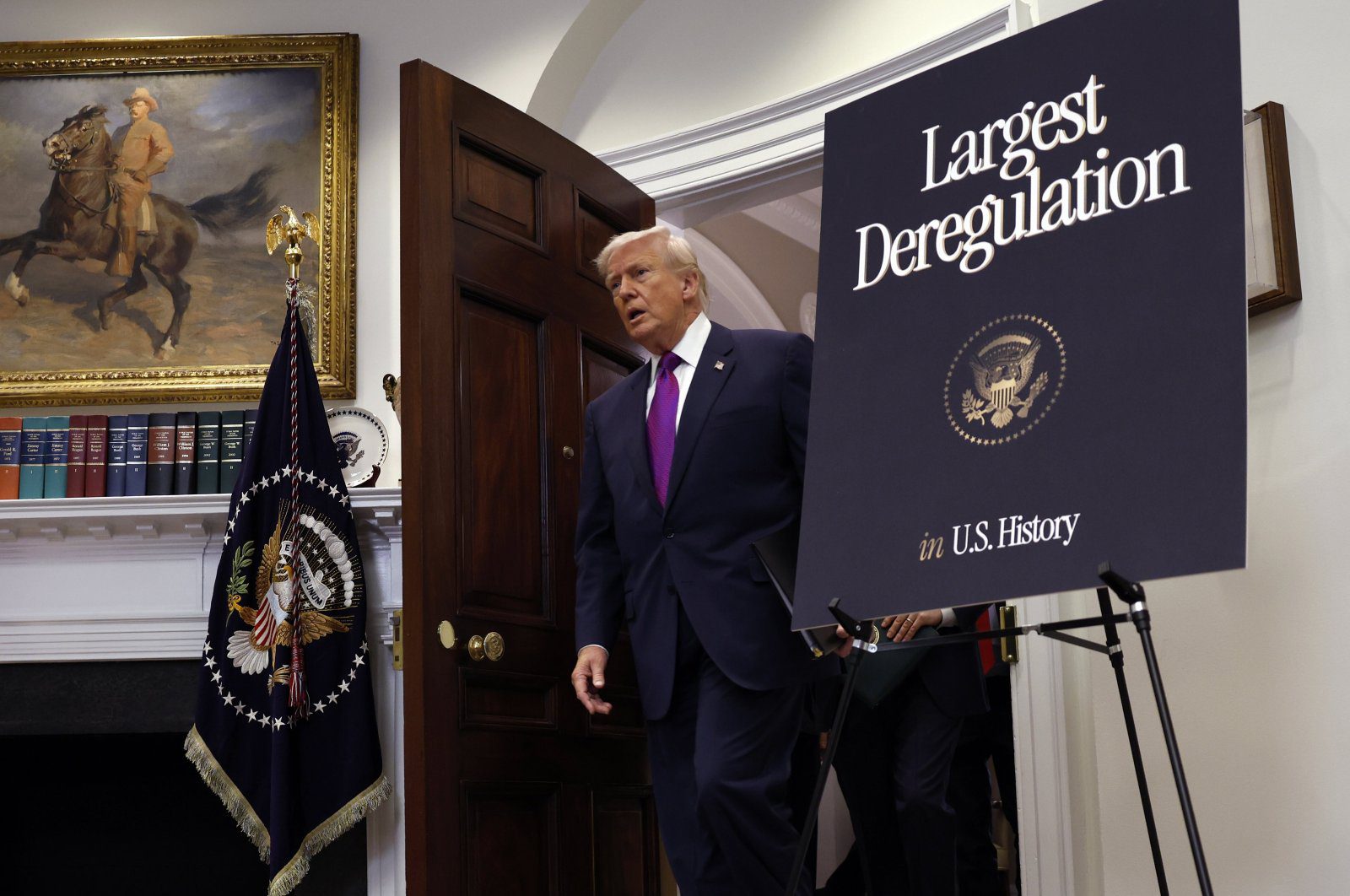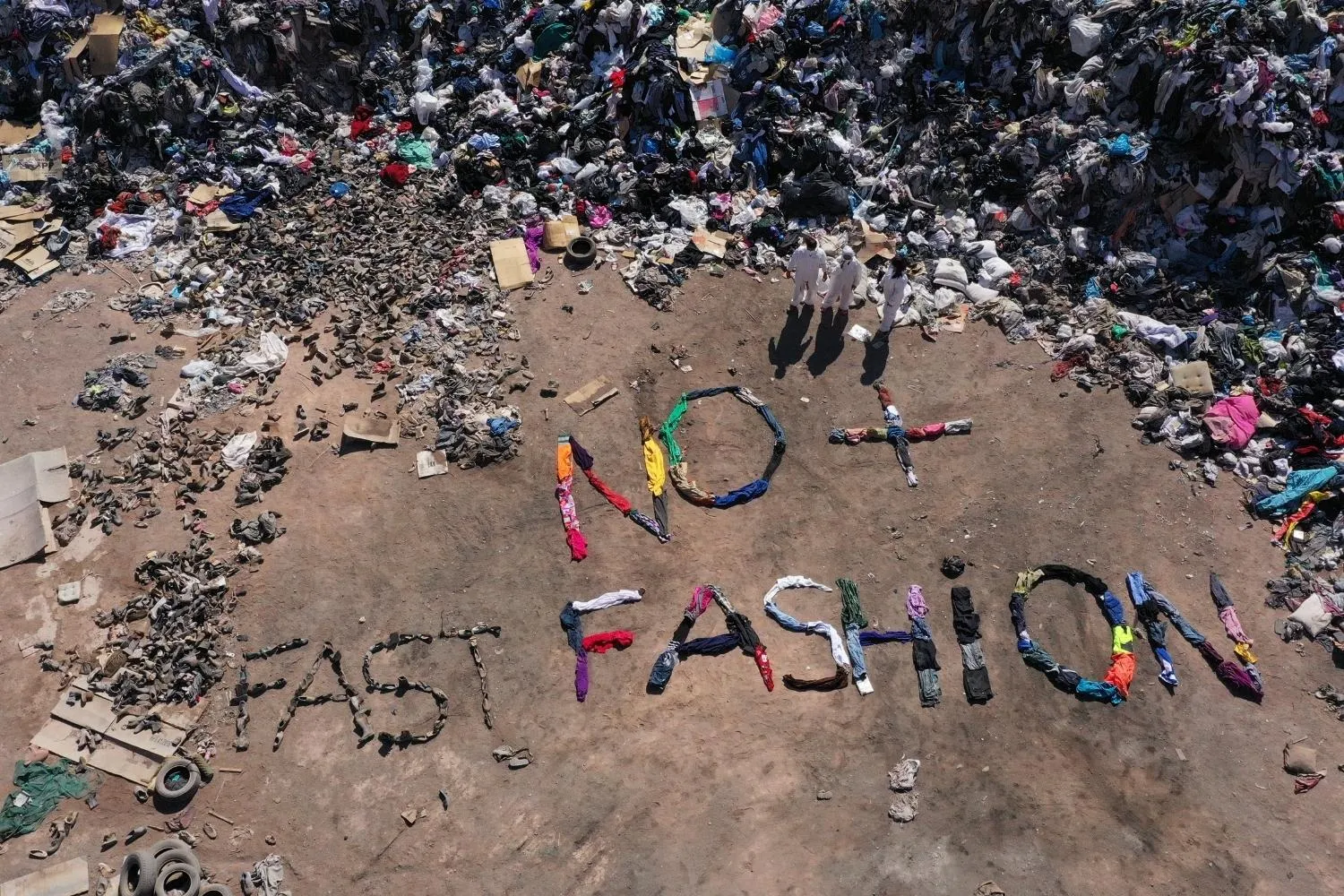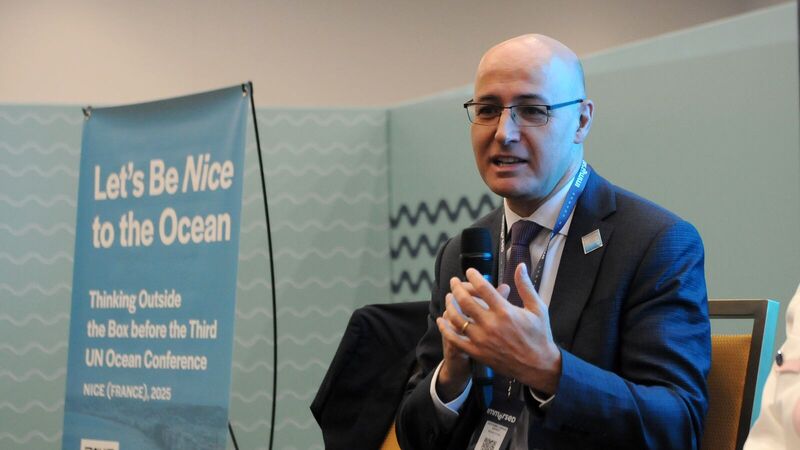Key Impact Points
- Fossil fuel companies have long influenced policies while businesses largely stayed silent on critical climate issues.
- Corporate sustainability efforts often focus on incremental change, overlooking the need for systemic shifts through policy and advocacy.
- New strategies, including public lobbying and innovative NGO partnerships, can empower businesses to lead climate action effectively.
Fossil Fuel Influence and Business Silence
For decades, fossil fuel companies have used lobbying, PR campaigns, and political donations to shape public opinion and block climate progress. Despite experiencing climate-related disruptions like supply chain shocks and natural disasters, the broader business community has largely remained on the sidelines of meaningful climate action.
“It is time to rethink business’s role in the climate battle.”
The Problem with Corporate Sustainability
Corporate sustainability, while important, has historically prioritized voluntary measures focused on profit. This approach has ignored systemic interventions like new laws and stronger regulations — key to addressing the escalating climate crisis.
The result? Rising global temperatures, frequent natural disasters, and unfulfilled climate commitments.
Moving Beyond Sustainability: 4 Key Strategies
1. Mobilizing Customers
Businesses can influence elections and public sentiment by addressing climate issues. Aspen One’s campaign during a U.S. presidential election aimed to sway swing-state voters by emphasizing climate as a decisive issue.
“If your mind is made up, we respect you as a neighbor and citizen… but if you’re on the fence… consider climate.”
Despite limited corporate participation in such efforts, this approach can shift social norms and inspire political action.
2. Partnering with Innovative NGOs
Traditional corporate-NGO partnerships focus on firm-level sustainability. Instead, forward-thinking businesses can collaborate with nonprofits like:
- Topo Finance, which aligns financial strategies with environmental goals.
- InfluenceMap, offering tools like Scope 4 emissions metrics to track corporate lobbying impacts.
“If we really cared about moving the needle on climate, what would we do beyond our own footprint?” – Dylan Tanner, InfluenceMap
These partnerships help businesses amplify their influence and address climate challenges systemically.
3. Pressuring Peers and Trade Groups
Organizations like ClimateVoice spotlight corporations supporting anti-climate trade groups. Businesses can pressure their peers and partners to adopt pro-climate policies or reform themselves, as Apple did by leaving the U.S. Chamber of Commerce.
Examples of peer pressure:
- Aspen One’s collaboration with Greenpeace to improve Kimberley-Clark’s forestry practices.
- Publicly challenging Coca-Cola and Pepsi on their silence regarding the Inflation Reduction Act.
4. Advocating Publicly for Climate Policy
Public lobbying and advocacy can shift social norms and inspire widespread action. Speaking at conferences, publishing op-eds, and lobbying for climate bills transparently are powerful tools.
“Public lobbying and use of voice helps change social norms and paves the way for others.”
Conclusion
Businesses must transition from incremental efforts to systemic strategies that challenge norms, influence policy, and drive climate progress. These bold actions not only distinguish forward-thinking companies but also address the critical issue of our time.
“This approach might actually make a difference.”
Related Article: Climate Impact Partners’ Fortune Global 500 Report Highlights Quiet Climate Action

 Follow SDG News on LinkedIn
Follow SDG News on LinkedIn











